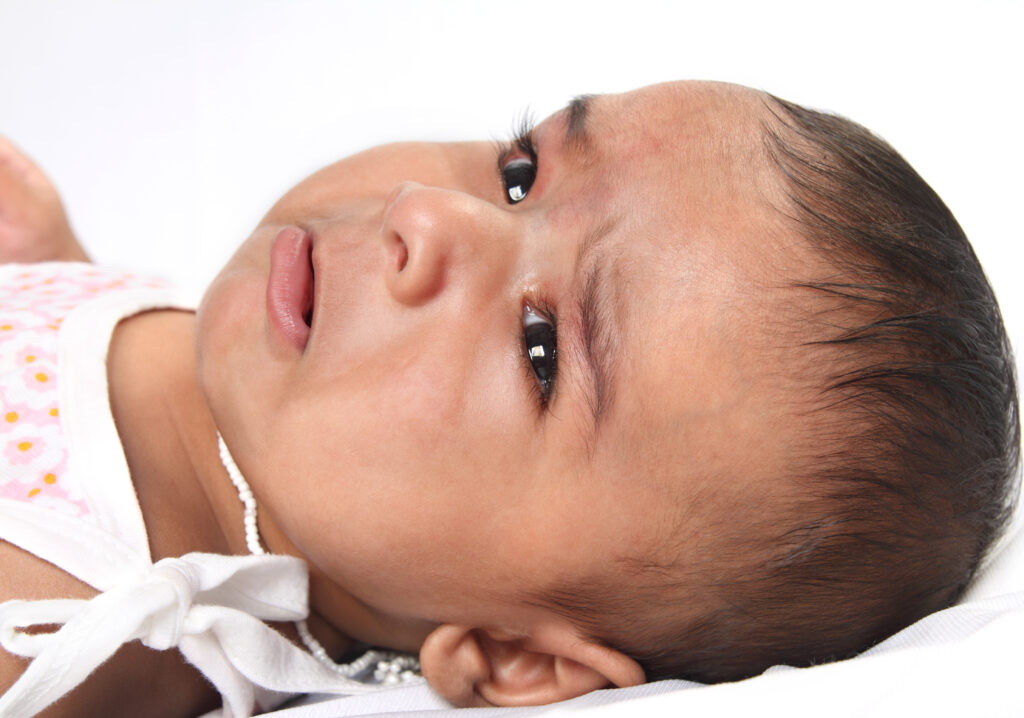
As a parent, one of the most challenging aspects of caring for a baby is deciphering the reasons behind their cries, especially when they wake up from sleep. Unlike adults who typically wake up peacefully, babies often wake up crying, leaving parents searching for answers. In this blog post, we’ll explore some common reasons why your baby might wake up in tears, offering insights to help you navigate through those challenging moments.
Teething is a significant developmental milestone for babies, but it comes with its share of discomfort. When transitioning from a deeper stage of sleep to a lighter one, babies may wake up in pain due to teething. Similar to how a toothache disrupts our sleep, teething discomfort can lead to a crying wake-up call from your little one.
Babies are highly sensitive to their sleep windows, and missing them can result in overtiredness. Going to bed or taking a nap later than usual might cause a buildup of cortisol, leading to more restless sleep and waking up before they’re ready. This overtired state can contribute to a grumpy awakening for your baby.
Various discomforts, such as gas, ear infections, or general unease, can disturb a baby’s sleep. Babies with ear infections or digestive issues may wake up in pain, seeking comfort from their caregivers. Skin-to-skin contact provides relief and acts as a natural painkiller, so holding your baby close can help soothe their distress.
Sudden noises or changes in the environment can startle babies as they move in and out of sleep cycles. Whether it’s a door shutting, a doorbell ringing, or other unexpected sounds, these disturbances can cause a baby to wake up upset. Creating a calm and quiet sleep environment can minimize these disruptions.
Just like adults, babies have unique temperaments. Some babies may naturally wake up upset, and it’s essential to appreciate and adapt to their individual characteristics. Offering plenty of snuggles and cuddles can reassure them that you’re there to provide comfort.
Strict feeding schedules, especially with an eat-play-sleep routine, may lead to babies waking up hungry. If your little one didn’t have a full belly before going to sleep, waking up with hunger pangs is likely. Responding promptly to their hunger cues can help them settle back to sleep.
Babies go through phases of separation anxiety, particularly during their first year. When they wake up and don’t find you immediately, they may express their distress through crying. Understanding that babies form attachments primarily through their senses helps parents navigate these periods of separation anxiety.
Practicing new motor milestones, such as rolling over or trying to crawl, can disrupt a baby’s sleep pattern. If your baby is waking up crying, it might be due to the excitement or frustration of mastering these new skills. You may even find them propped up in a new position in their crib that they cannot get out of.
A wet and cold diaper can be a significant discomfort for babies, causing them to wake up when they’re not ready. Checking for wet diapers and ensuring they are appropriately sized can contribute to a more comfortable sleep experience.
Every baby is unique, and understanding the various reasons behind your baby’s cries can help you respond more effectively. By addressing their specific needs, providing comfort, and creating a conducive sleep environment, you can minimize the instances of waking up crying, fostering better sleep for both you and your baby.
Copyright © 2021 – IslaGrace. All Rights Reserved
